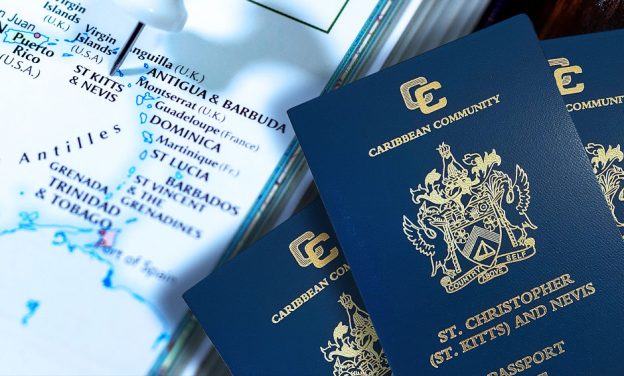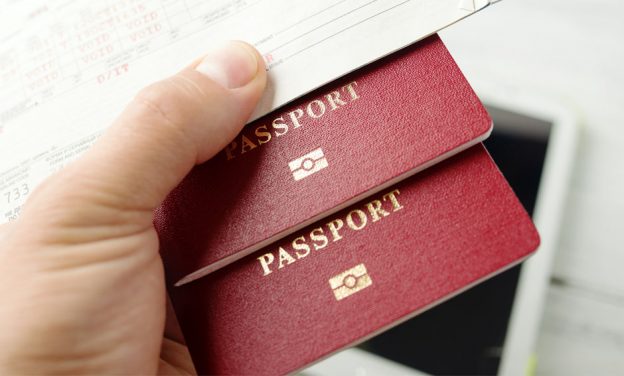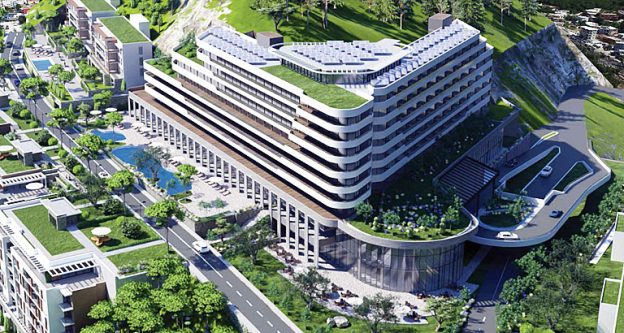In early summer 2025, on June 8–9, a referendum on citizenship and labor rights was held in Italy. On the agenda was a reduction from 10 to 5 years of the period for immigrants from non-EU countries for obtaining Italian citizenship. Unfortunately, the turnout was only 30.6%, with the required minimum being 50%+1 vote. Therefore, the referendum was declared invalid. The failure of the vote is considered a victory for the government of Georgie Meloni, which had called on citizens to boycott the referendum. Despite the fact that Italy does not want to accept migrants living in the territory into citizenship in a simplified manner, it is ready to offer comfortable living conditions to wealthy foreigners in order to replenish the treasury. Let’s consider how to obtain residency in Italy if the applicant is ready to spend hundreds of thousands of euros here.
Flat Tax for High-Net-Worth Individuals. Tax Residency in Italy for HNWIs
Italy has a flat tax rate to attract wealthy individuals to become tax residents of the country. Typically, high net worth individuals (HNWIs) maintain liquid assets above a certain threshold. There is no set amount, but they typically have financial assets worth more than $1 million. These individuals often seek countries and tax regimes that reduce and simplify their tax liabilities.
In Italy, HNWIs who transfer their tax residency to the country, becoming new residents, can pay a flat annual tax rate on their foreign income, regardless of how much they earn. This is seen as an attractive and favorable tax regime for such individuals, encouraging them to live and invest in Italy.
Details of this flat tax regime in Italy include:
- Flat tax on foreign-sourced income for new residents, which recently increased from €100,000 to €200,000 per year
- The individual must not have been a tax resident in Italy for at least 9 of the previous 10 years.
- The flat tax regime applies to immediate family members for an additional fee of €25,000 per person.
- The flat tax can be applied for 15 years.

Residency in Italy for investors: Italy’s Golden Visa or Italy Investor Visa
Unlike common residency in Italy options, La Dolce Visa does not have any residency obligations. It also does not oblige the investor to become a tax resident in Italy. This type of visa allows to work or develop further business opportunities in Italy. Even to combine La Dolce Visa with other special tax regimes including the “Flat Tax” scheme. The spouse and minor children may also be included in application.
Investment options for Italy’s Golden Visa
- €250,000 in an innovative start-up
- €500,000 in Italian shares
- €1 million donation to projects of public interest in Italy
- €2 million in Italian government bonds
The residence permit will be issued for a period of 2 years and extended if the investment is maintained for another 3 years.






